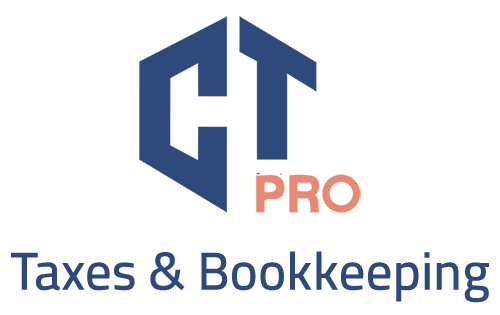TAX TIPS
Children
Education
- Tuition Tax Credit: if you attended post-secondary education then you may be able to claim this credit. Unused amounts can be transferred to certain family members such as parents, grandparents, and spouses to name a few.
- Textbook credit: this credit has been removed, but if you have not used it in previous years you can carry it forward.
- Interest: you can claim a portion of the interest paid on your student loan.
- Childcare: if you paid for childcare while studying, working, or conducting research then you can deduct expenses.
- Working Income Tax Benefit (WITB): if you have a dependent while you are a student and make a modest income for yourself, you may be eligible to take advantage of this benefit.
For more information you can click here to visit CRA’s website.
Health and Medicine
Employment, Income and Pension
Contributors who earn more than $55,900 in 2018 are not required or permitted to make additional contributions to the CPP.
The basic exemption amount for 2018 remains $3,500.
The employee and employer contribution rates for 2018 will remain unchanged at 4.95%, and the self-employed contribution rate will remain unchanged at 9.9%.
The maximum employer and employee contribution to the plan for 2018 will be $2,593.80 each and the maximum self-employed contribution will be $5,187.60. The maximums in 2017 were $2,564.10 and $5,128.20
If you made a donation to a Canadian charitable organization then you can claim this tax credit. You will need to have a copy of the official receipt to claim the credit.
Furthermore, a gift of ecologically sensitive land cannot be made to a private foundation after March 21, 2017. There are also a number of changes to the Ecological Gifts Program (Revenue Canada).
As of July 1, 2017, this amount has been eliminated.
If you or your spouse or common-law partner carried on a business in the tax year, your return for the tax year has to be filed on or before June 15th of the following year. However, if you have a balance owing for the tax year, you still have to pay it on or before April 30th.
Did you know that there are a number of benefits senior citizens and credits can receive? Here are a few:
- Pension Splitting: You can split 50% of your pension with your spouse
- RRSP Deduction: you can reduce your tax owing
- Age: If you are 65 or older you can claim up to $7,225 if you made less than $84,597 in net income
For more information you can visit this link to CRA’s website.
Interest
- The interest rate charged on overdue taxes, Canada Pension Plan contributions, and employment insurance premiums will be 5%.
- The interest rate to be paid on corporate taxpayer overpayments will be 1%.
- The interest rate to be paid on non-corporate taxpayer overpayments will be 3%.
- The interest rate used to calculate taxable benefits for employees and shareholders from interest free and low-interest loans will be 1%.
- Change: The interest rate for corporate taxpayers’ pertinent loans or indebtedness will be 4.98%.
Other
The CRA recommends following these tips with regards to your financial literacy:
- Do your research to learn about benefits and credits you may be eligible for
- Keep your tax records accurate
- Use free help with tax preparation clinics being run by volunteers across the city
- Protect yourself from fraud from individuals who claim to be from the CRA
- T1 Individiual Tax Return: after you login to My Account on the CRA’s site you can navigate to “Change My Return” to make changes
- T2 Corporation Income Tax Return: you can use the same CRA-approved Corporation Internet Tax Filing software that you used to file your T2 to make adjustments. Or you can send a letter explaining the change to your tax centre.
- GST/HST Return: after you login to the CRA’s online tool (My Business Account) you can select “Adjust a Return” to start making changes.
When someone close to you passes away you will need to notify the Canadian Revenue Agency. Here are the steps to follow:
- Gather the tax information of the deceased person.
- Notify the CRA of the date of death.
- Request to the CRA to stop following benefit and credit payments. If it is applicable it can be transferred to a survivor.
- Notify Services Canada of the date of death.
- Choose a legal representative to deal with the CRA

